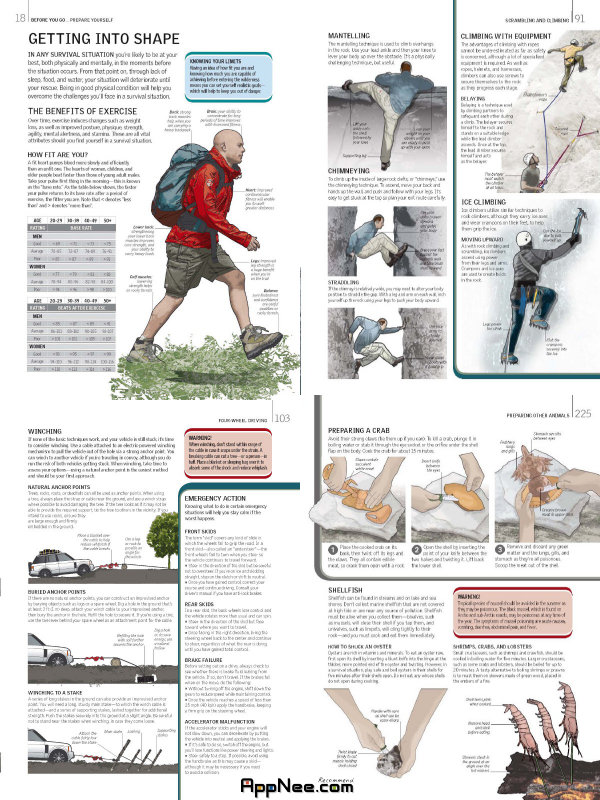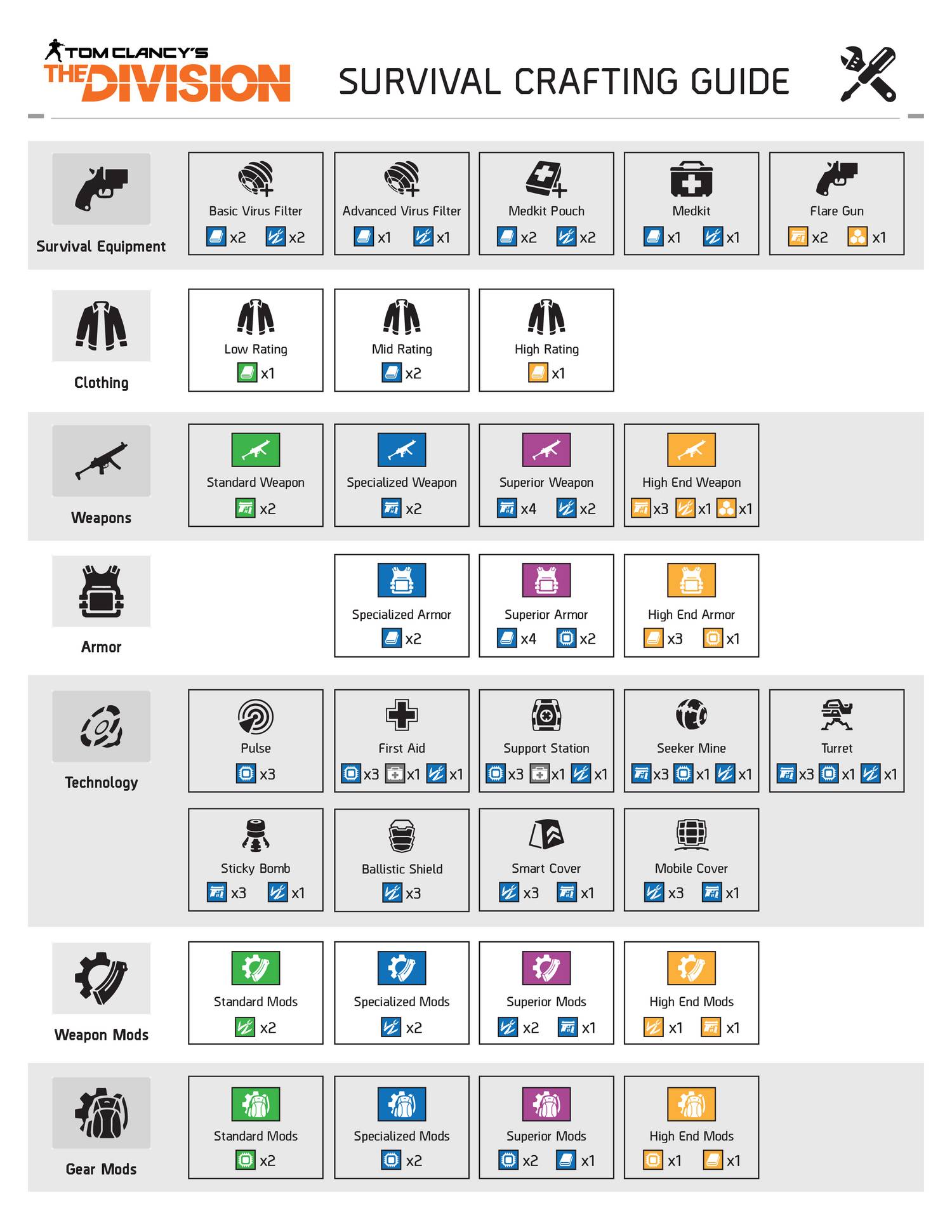If you find yourself lost in the wilderness, don’t panic. With a few basic wilderness survival skills, you can increase your chances of making it out alive. Here are 17 skills that everyone should know:
- Finding Water
 Water is essential for survival, but it can be difficult to find in the wilderness. Look for signs of water, such as animal tracks or green vegetation. If you find a stream or river, follow it downstream until you find a source of water.
Water is essential for survival, but it can be difficult to find in the wilderness. Look for signs of water, such as animal tracks or green vegetation. If you find a stream or river, follow it downstream until you find a source of water.
- Building a Shelter
 Your shelter should protect you from the elements and keep you warm. Look for natural shelters, such as caves or rock formations. If you can’t find a natural shelter, use sticks and branches to build a lean-to or debris hut.
Your shelter should protect you from the elements and keep you warm. Look for natural shelters, such as caves or rock formations. If you can’t find a natural shelter, use sticks and branches to build a lean-to or debris hut.
- Starting a Fire
 A fire can keep you warm, cook your food, and signal for help. Gather dry tinder, such as bark or grass, and use a fire starter, such as a lighter or matches, to ignite it. Build up the fire slowly, adding larger sticks and logs as it grows.
A fire can keep you warm, cook your food, and signal for help. Gather dry tinder, such as bark or grass, and use a fire starter, such as a lighter or matches, to ignite it. Build up the fire slowly, adding larger sticks and logs as it grows.
- Finding Food
 You can survive for weeks without food, but eventually, you will need to find nourishment. Look for wild fruits, berries, and nuts. Hunt animals, fish, or trap them for food. Learn which plants are safe to eat and which are poisonous.
You can survive for weeks without food, but eventually, you will need to find nourishment. Look for wild fruits, berries, and nuts. Hunt animals, fish, or trap them for food. Learn which plants are safe to eat and which are poisonous.
- Navigation
 If you are lost in the wilderness, you will need to find your way back to civilization. Use a map and compass to determine your location and the direction you need to travel. Learn how to use natural landmarks, such as the sun or stars, to navigate.
If you are lost in the wilderness, you will need to find your way back to civilization. Use a map and compass to determine your location and the direction you need to travel. Learn how to use natural landmarks, such as the sun or stars, to navigate.
- First Aid
 Injuries and illnesses are common in the wilderness. Learn basic first aid skills, such as treating cuts and bruises, splinting broken bones, and stopping bleeding. Pack a first aid kit with essential supplies, such as bandages, antiseptics, and pain relievers.
Injuries and illnesses are common in the wilderness. Learn basic first aid skills, such as treating cuts and bruises, splinting broken bones, and stopping bleeding. Pack a first aid kit with essential supplies, such as bandages, antiseptics, and pain relievers.
- Signaling for Help
 If you are lost or injured, you will need to signal for help. Use a signal mirror, whistle, or flares to attract attention. Create a signal fire, using green leaves or smoke to make it more visible. Learn how to create distress signals using rocks or logs.
If you are lost or injured, you will need to signal for help. Use a signal mirror, whistle, or flares to attract attention. Create a signal fire, using green leaves or smoke to make it more visible. Learn how to create distress signals using rocks or logs.
- Staying Hydrated
 Dehydration can lead to weakness, dizziness, and even death. Drink at least 2 liters of water per day, more if you are sweating heavily or have diarrhea. Look for natural sources of water, such as streams or rivers. Avoid drinking untreated water, which may be contaminated with bacteria or parasites.
Dehydration can lead to weakness, dizziness, and even death. Drink at least 2 liters of water per day, more if you are sweating heavily or have diarrhea. Look for natural sources of water, such as streams or rivers. Avoid drinking untreated water, which may be contaminated with bacteria or parasites.
- Dealing with Wildlife
 Wild animals can be dangerous, but they usually try to avoid humans. Avoid surprising them by making noise or clapping your hands. Keep your distance and give them plenty of space. If you encounter a predatory animal, such as a bear or mountain lion, make yourself look bigger and more intimidating by waving your arms or making loud noises.
Wild animals can be dangerous, but they usually try to avoid humans. Avoid surprising them by making noise or clapping your hands. Keep your distance and give them plenty of space. If you encounter a predatory animal, such as a bear or mountain lion, make yourself look bigger and more intimidating by waving your arms or making loud noises.
- Staying Warm
 Even in warm weather, the wilderness can be cold at night. Wear several layers of clothing, including a waterproof outer layer. Use a sleeping bag or blankets to keep warm. Build a fire, but be careful not to start a forest fire.
Even in warm weather, the wilderness can be cold at night. Wear several layers of clothing, including a waterproof outer layer. Use a sleeping bag or blankets to keep warm. Build a fire, but be careful not to start a forest fire.
- Building Tools
 You can use natural materials to build tools that will help you survive. Use rocks to create knives or arrowheads. Use sticks to create fishing poles or spears. Learn how to make cordage, using natural fibers or plant materials, to tie things together.
You can use natural materials to build tools that will help you survive. Use rocks to create knives or arrowheads. Use sticks to create fishing poles or spears. Learn how to make cordage, using natural fibers or plant materials, to tie things together.
- Prioritizing Needs
 In a survival situation, you will need to prioritize your needs. Water, shelter, and fire are the most important, followed by food and medical care. Focus on one need at a time and don’t waste energy on tasks that aren’t essential.
In a survival situation, you will need to prioritize your needs. Water, shelter, and fire are the most important, followed by food and medical care. Focus on one need at a time and don’t waste energy on tasks that aren’t essential.
- Packing Essentials
 If you are planning a wilderness adventure, pack essential supplies, such as a map and compass, first aid kit, water bottle, and extra clothing. Pack enough food for your trip and bring a cook stove, if necessary. Make sure you know how to use all of your gear before you leave.
If you are planning a wilderness adventure, pack essential supplies, such as a map and compass, first aid kit, water bottle, and extra clothing. Pack enough food for your trip and bring a cook stove, if necessary. Make sure you know how to use all of your gear before you leave.
- Keeping Calm
 In a survival situation, it is important to keep calm and think clearly. Panic can lead to poor decisions and waste valuable energy. Take deep breaths and use positive self-talk to stay focused. Visualize a positive outcome and don’t give up hope.
In a survival situation, it is important to keep calm and think clearly. Panic can lead to poor decisions and waste valuable energy. Take deep breaths and use positive self-talk to stay focused. Visualize a positive outcome and don’t give up hope.
- Knowing Your Limits
 It is important to know your own limits and abilities. Don’t attempt activities that are beyond your skill level, such as climbing a steep cliff or navigating a rapids. Stay within your limits and build your skills gradually over time.
It is important to know your own limits and abilities. Don’t attempt activities that are beyond your skill level, such as climbing a steep cliff or navigating a rapids. Stay within your limits and build your skills gradually over time.
- Staying Positive
 Survival in the wilderness can be challenging, but it can also be rewarding. Focus on the positive aspects of your experience, such as the beauty of nature or the sense of accomplishment that comes from surviving. Laugh, sing, or tell stories to boost your morale and keep your spirits up.
Survival in the wilderness can be challenging, but it can also be rewarding. Focus on the positive aspects of your experience, such as the beauty of nature or the sense of accomplishment that comes from surviving. Laugh, sing, or tell stories to boost your morale and keep your spirits up.
- Learning Skills
 The more wilderness survival skills you have, the better prepared you will be in a survival situation. Take classes or read books about wilderness survival. Practice your skills regularly, even if you aren’t planning a wilderness trip. Learn from your mistakes and keep improving.
The more wilderness survival skills you have, the better prepared you will be in a survival situation. Take classes or read books about wilderness survival. Practice your skills regularly, even if you aren’t planning a wilderness trip. Learn from your mistakes and keep improving.
Remember, the most important tool for wilderness survival is your own mind. Stay calm, focused, and positive, and you will increase your chances of survival. With a few basic wilderness survival skills, you can face any challenge that comes your way.